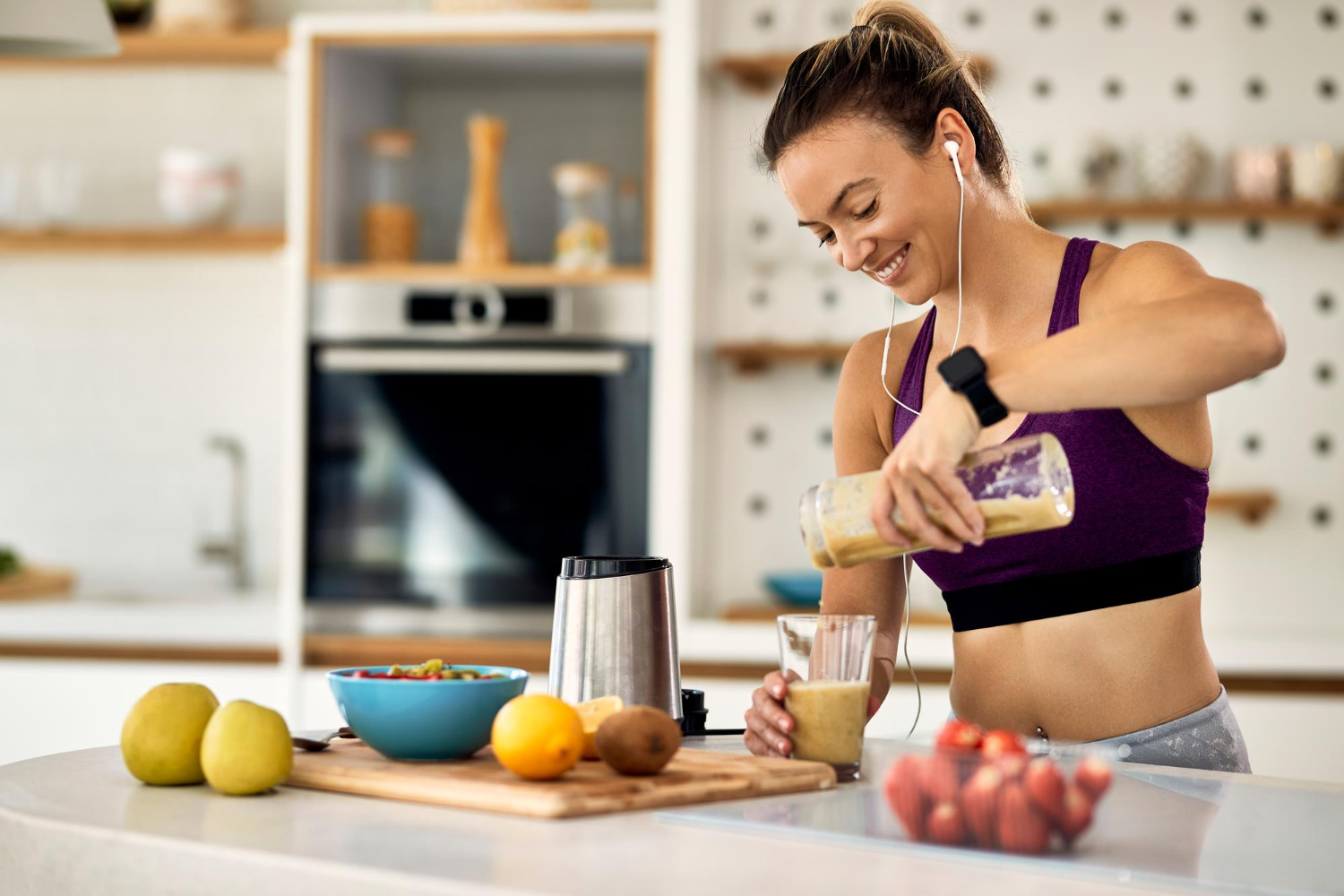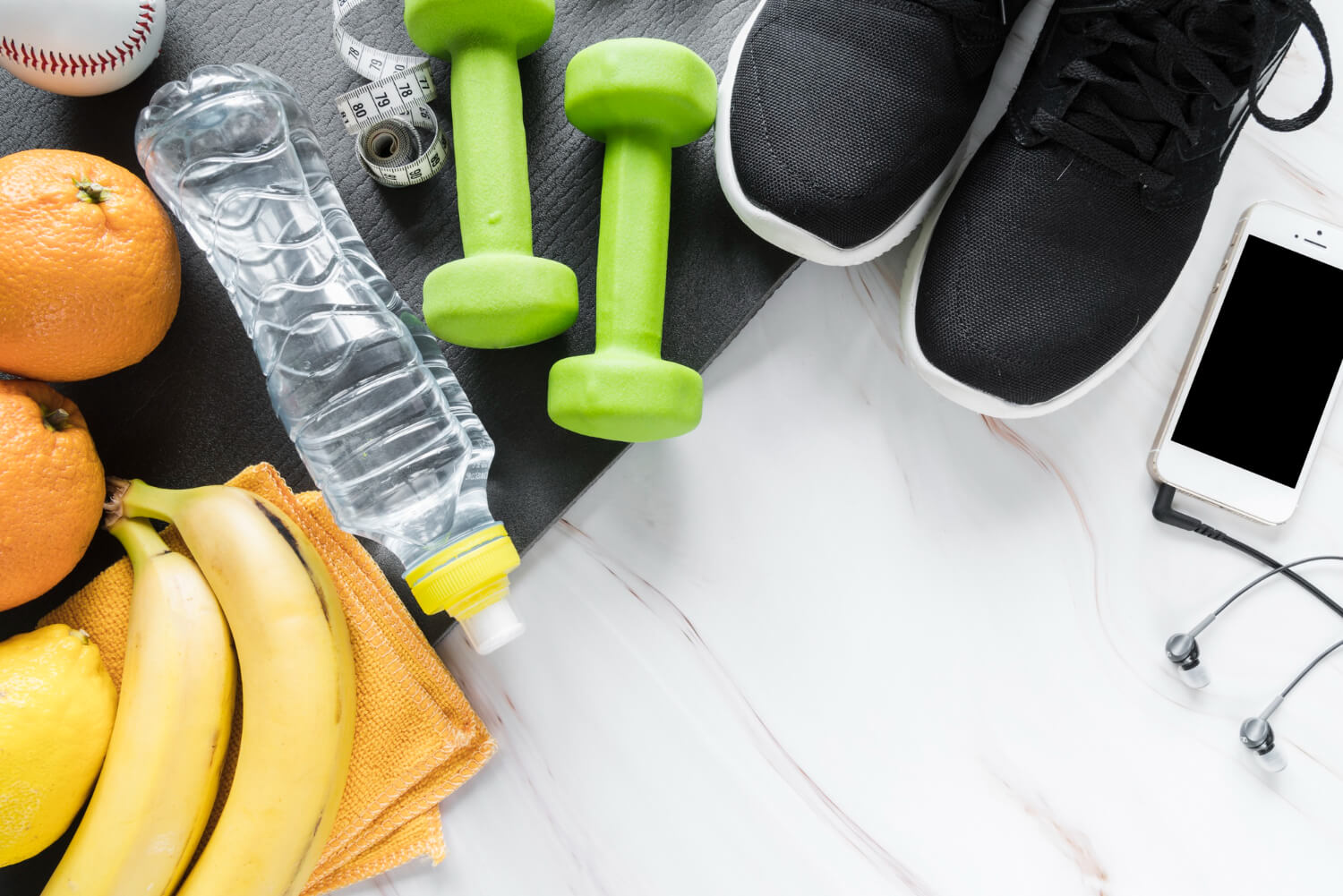
Figuring out what to eat before running can be a big deal for someone training for a marathon or a beginner trying to run for the first time. Just eating a good mix of foods is enough, from lean proteins, whole foods, fruits, veggies, whole grains, and healthy fats. Here are the details you need before you strap up your Velcro running trainers.
Running and Eating Right
People who are getting into serious training for a half marathon or full marathon are the ones who most need to adjust their diet. Experts in the field suggest eating more carbs—between 2-3 grams per pound of body weight for a half-marathon and 2.5 to 4.5 grams for a full marathon, depending on your size.

These tips work for people who spend about 10 hours a week running and cross-training. People who are doing less can adjust their carb intake. For example, people who weigh 150 pounds and run 5-10 hours a week should aim for 300 to 450 grams of carbs each day. Protein is also important for recovery. The aim should be about 0.75 grams per pound, and it can go up to 1 gram per pound after really long marathon training runs.
Portions Matter
Now, whether people should eat before running, there are different recommendations. For longer runs over 30 minutes long, it’s a good idea to have some fuel. For shorter runs under 30 minutes, people don’t need a pre-run snack, but if they want one, they can have things like dried apricots, pretzels, applesauce, or a bit of cheese or nut butter. For runs lasting 1-2 hours, a snack with 10 grams of protein and 45 grams of carbs is recommended, like oats with a banana and a hard-boiled egg.

For really long runs, over 2 hours, more protein is needed, like 15-20 grams, and more carbs, like 60-90 grams. People will also need to eat or drink carbs during the run, like sports drinks or gels, about 30-45 grams per hour.
And finally, if you’re waking up on the day of the big race, your eating plan should be similar to what people have been doing in training. Your long training days should be used to practice eating meals with lots of carbs, some protein, and low fiber and fats. This can include things like whole grain waffles, sweet potatoes, bagels, or pasta. During the race, 45-60 grams of carbs per hour should be the aim, and electrolyte-infused fluids should be drunk. Go break a leg (or not!) and enjoy the exercise.